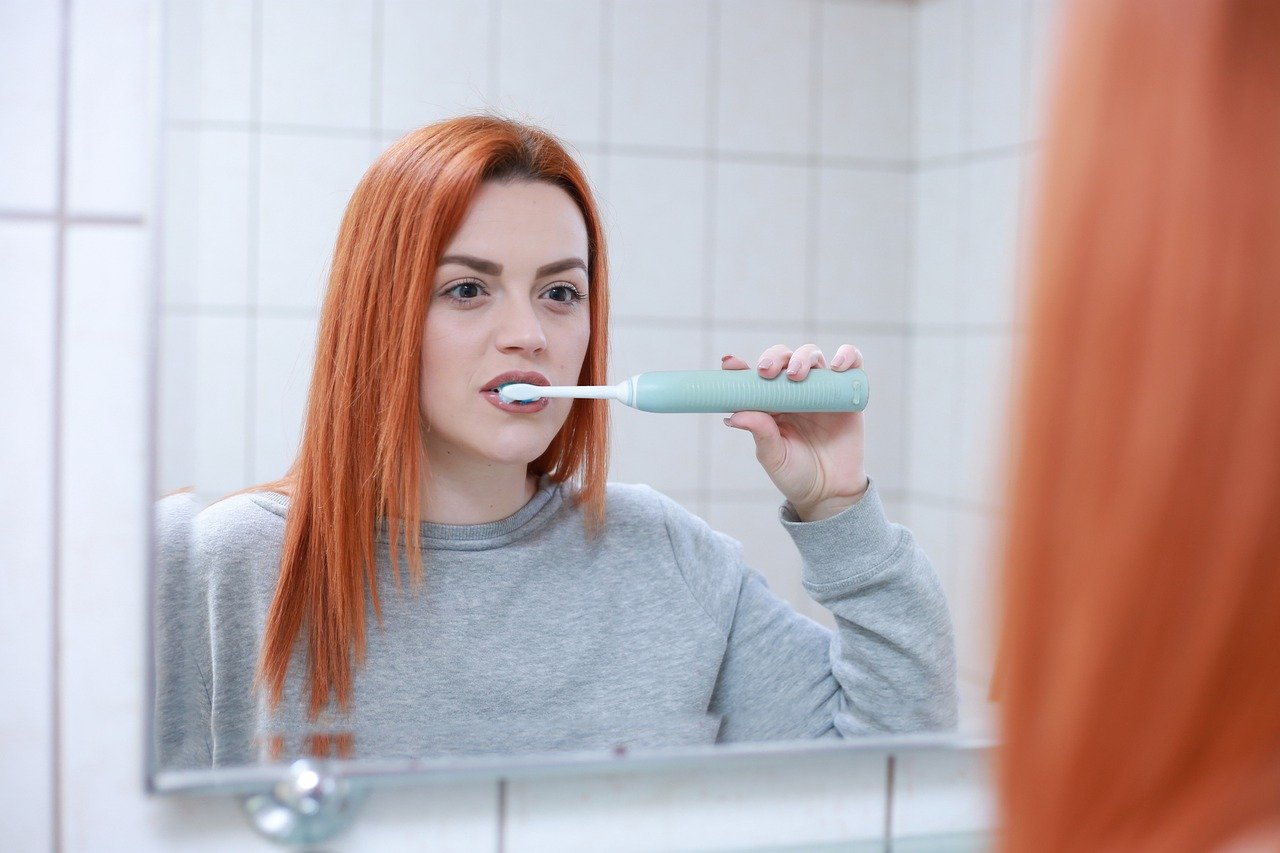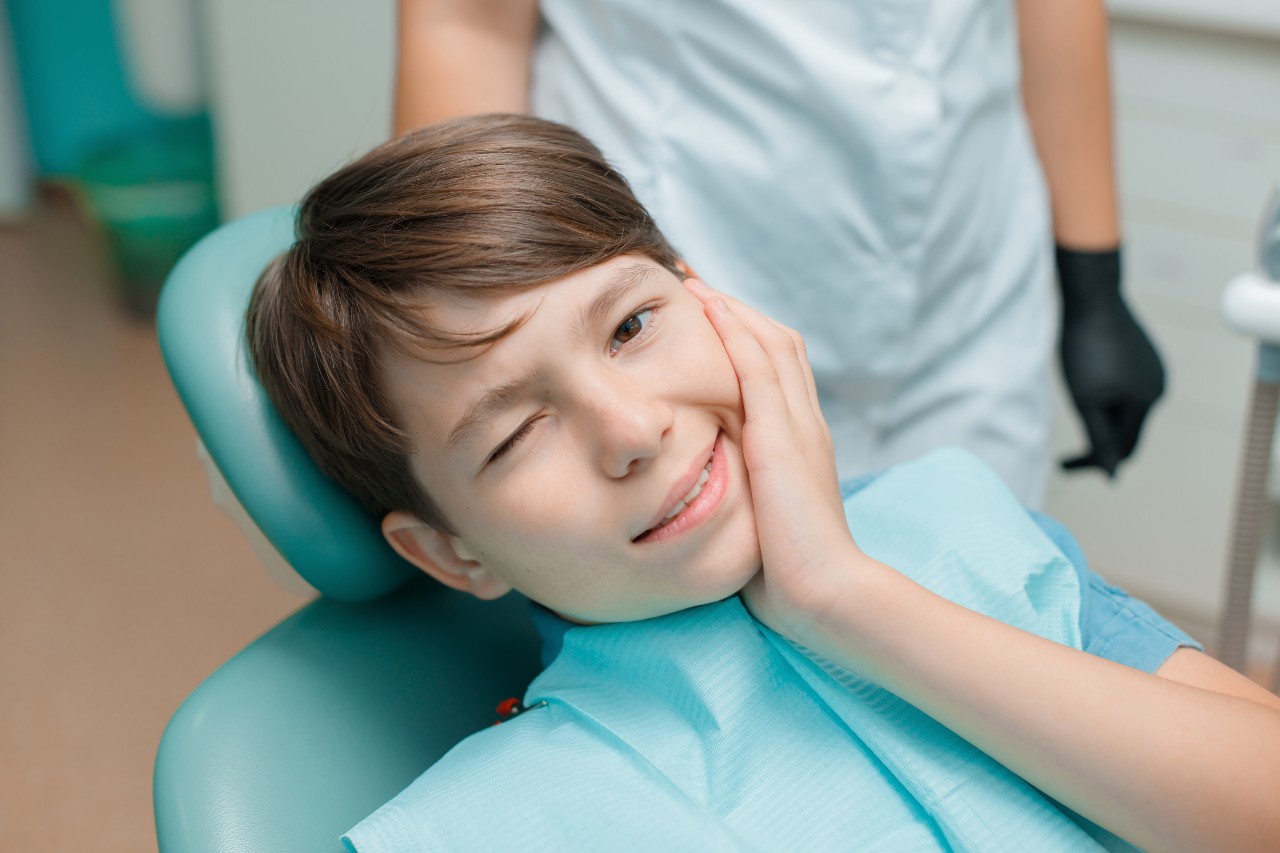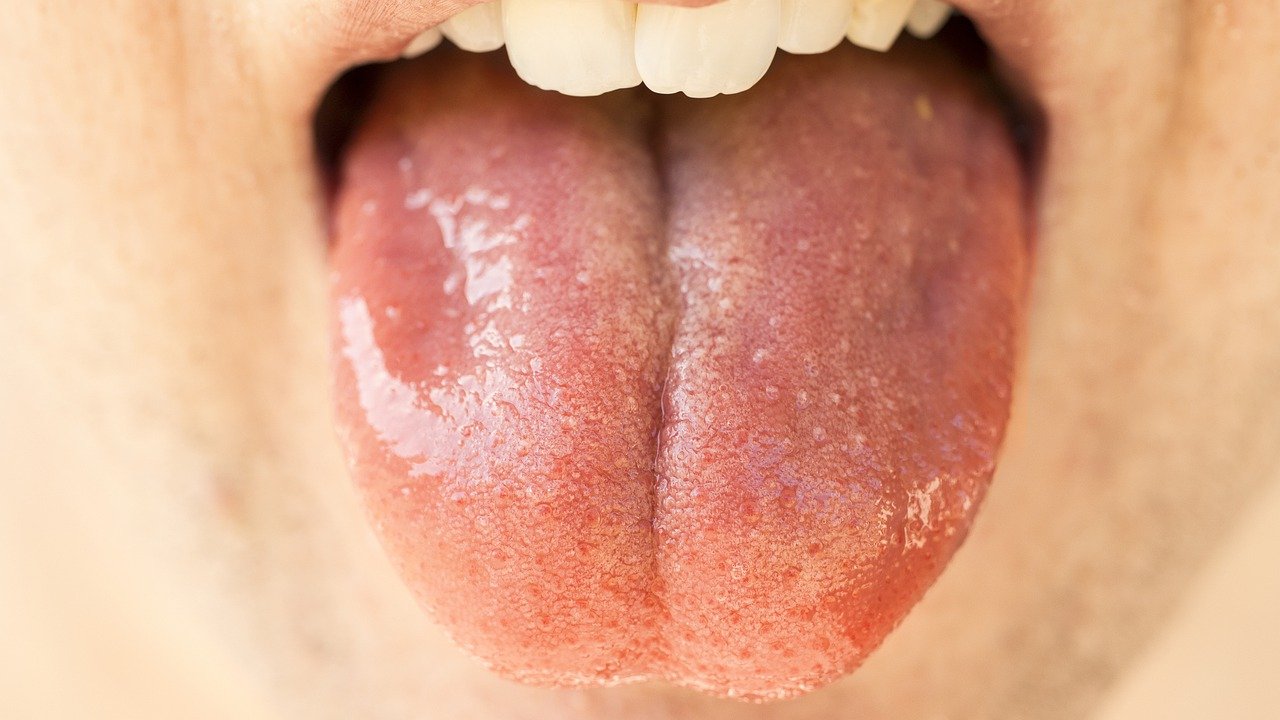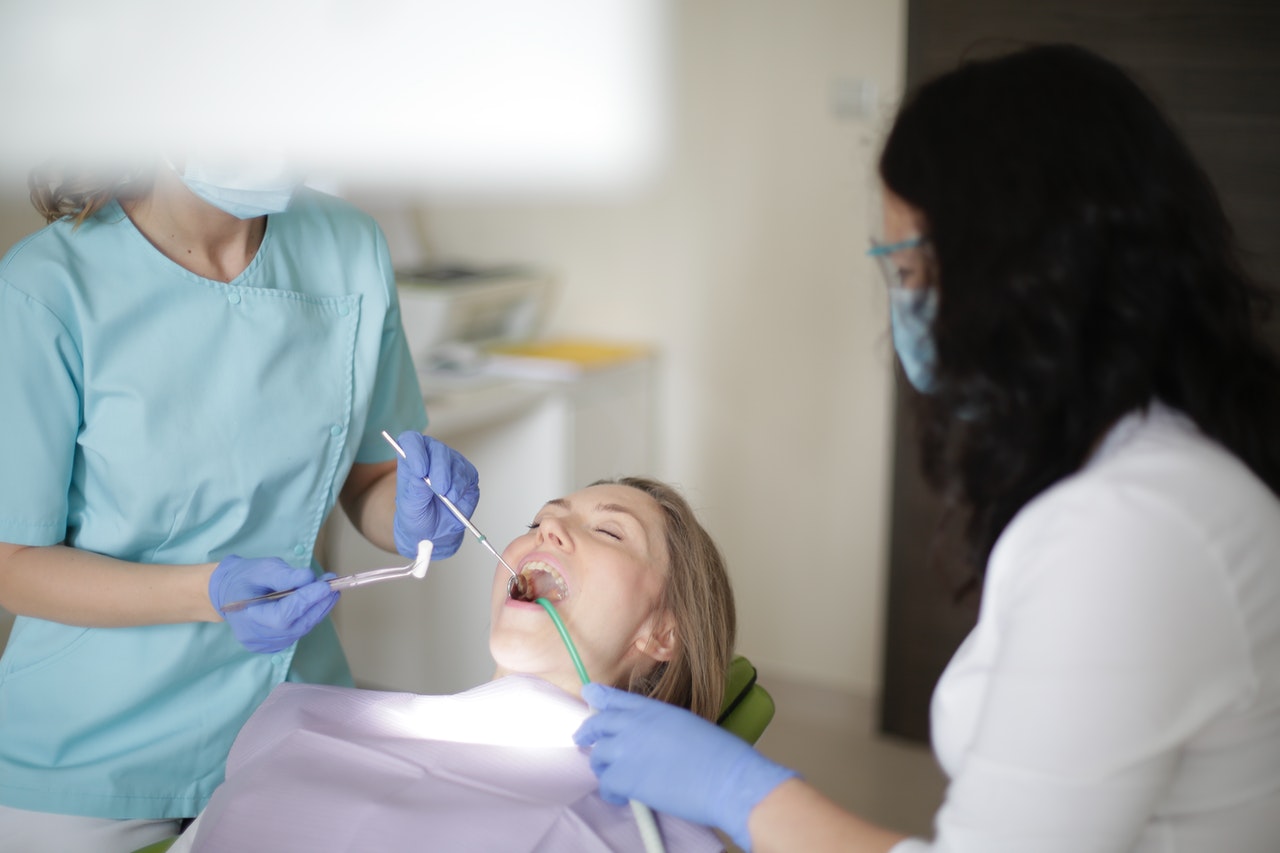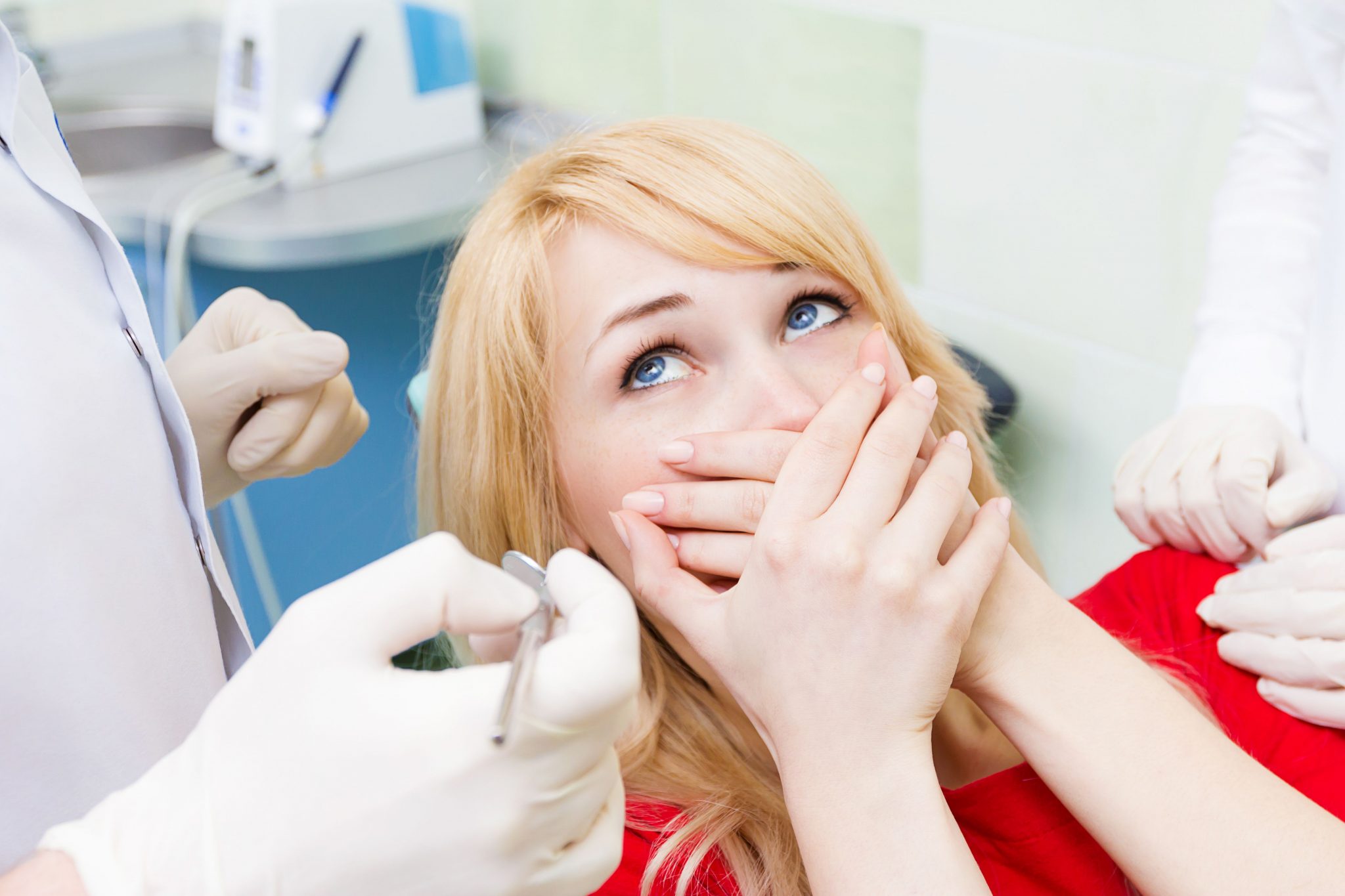Your toothbrush is an important part of your daily oral care routine. Choosing the right toothbrush can help you keep your teeth and gums healthy. Today, there are many options available, and electric toothbrushes are very popular. Both manual and electric toothbrushes are made to remove plaque, bacteria, and prevent cavities. Knowing the benefits of an electric toothbrush can help you decide if they are right for you.
What Are the Benefits of an Electric Tooth Brush?
Power
An electric toothbrush is battery powered and does not require you to manually brush for at least two minutes. They do the work for you, and can really reach areas that a manual brush cannot. Some models even include a timer so you know exactly how long to brush. Electric toothbrushes can cover areas quicker and easier compared to a manual brush.
Effort
Less effort is required with an electric toothbrush. Electric toothbrushes clear away bacteria faster and easier compared to a manual tooth brush.
Plaque and Bacteria
Electric toothbrushes can remove bacteria and plaque easier and faster compared to a manual toothbrush. This makes brushing easier, and studies have found that those that use an electric toothbrush have less plaque and bacteria buildup over time. The bristles of an electric toothbrush gently remove plaque and bacteria without wearing down your gums or enamel.
Easy To Use
Electric toothbrushes are really easy to use, and can help people who have a hard time brushing or moving their hands. When brushing you simply move the brush from tooth to tooth, and this makes the process quick and efficient without having to manually brush each tooth.
Help Children Keep Good Oral Hygiene Habits
Electric toothbrushes also help children keep their teeth clean and free of plaque. There are electric brushes that are smaller and designed specifically for children. They make sounds, and come with a timer to make brushing fun and easy.
Is an Electric Toothbrush Right for Me?
Electric toothbrushes are a great tool that help to remove bacteria and plaque from your teeth. They are a great alternative to manual toothbrushes, and can make your oral care routine easier. Electric toothbrushes do cost a bit more, but many people say they are worth the investment. Whatever brush you choose, it is always important to brush and floss daily to keep your teeth and mouth looking and feeling great.
Interested in Finding Out More?
If you are interested in finding out if an electric toothbrush is right for you, contact Dental Square. Our staff is happy to discuss the benefits of an electric toothbrush, and review which brands we recommend. Your oral health is important, and using the right tools at home can help you keep your teeth and mouth healthy.
To schedule your appointment with us contact Dental Square, and our friendly staff will be happy to assist you!
